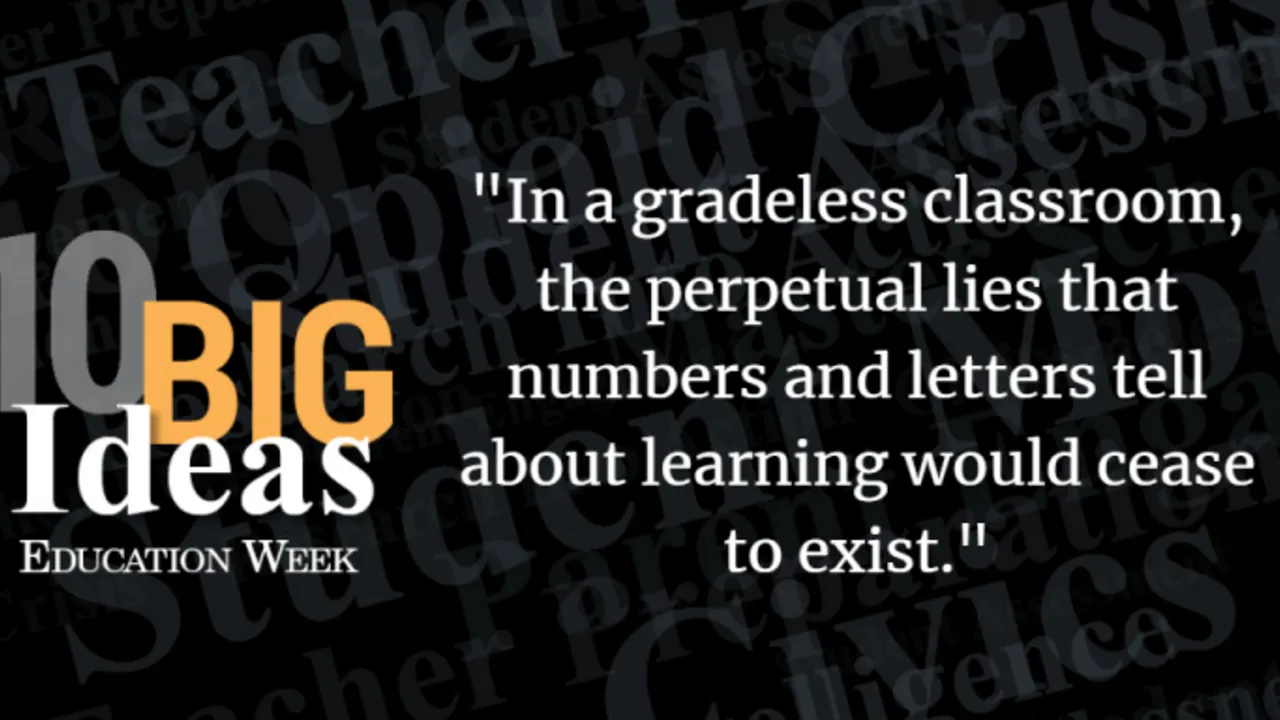Teaching with Compassion: Tools for creating magnificent days
Apr 15, 2021
Magenta is bold, it’s vibrant, and the color holds noble qualities.
Teaching in Magenta means creating magnificent days. This post provides a refreshing approach to teaching that puts your joy and well-being first so you can share those attributes with your students.
Veteran teacher and author James Sturtevant shares 7 ideas for living and teaching in an authentic, enthusiastic, and relevant way. Gain energy and ideas around:
- Compassion
- Optimism
- Balance
- Adaptability
- Contentment
Find renewed joy in teaching, and soon your students and colleagues will notice how refreshingly magenta you have become.
1. Bring the Heat
I usher 150 guests (my students) into my home (my classroom) daily. I want my guests to feel welcome.
A great way to do this is to exercise enthusiastic hospitality. If one of your guests needs a tissue, pull one out of the box and jog it over. If they need a pencil, hand-deliver it.
When my mom passed away, my wife and I were cleaning out her house and found a small electric heater that she always kept beside her. I now keep it in my room because my school is generally freezing.
I told my students that when I turn it on, I feel like my mom is giving me a hug. That elicited a loud “aw” from my kids. I got an even bigger reaction when I unplugged it, marched it back to a shivering young lady, plugged it back in, turned it on, and aimed it in her direction. Treat your kids like treasured guests.
2. Nix Nostalgia
Being nostalgic is perfectly understandable. You probably remember a time when you were younger and more vibrant, and the future was bright.
Nostalgia, however, is not objective. I adore the memories of my youth, but society subscribed to many horrific norms during those days.
Today, instead of wishing your students were more like you and your contemporaries when you were young, remember that the past ways of life are not as good as they seem, and also acknowledge that they’re not coming back.
Such thoughts separate you from modern youth. Your students are citizens of the present. Accept this and be relevant.
3. Reassure a Rookie
Do you remember your first year in the classroom? You probably felt inadequate.
Sometimes, I think about my rookie year and wonder how those poor kids learned anything. On top of a first-year teacher’s concerns about classroom management, lesson plans, and the need to include parental contact, I dealt with significant anxiety over whether my contract would get renewed.
Today, reach out to a rookie on your staff. Tell them a story about how stressful your first year was, and then reassure them that you’re there for them. Tell them how much easier their sophomore year will be. And finally, ask how they’re doing and be prepared to listen.
4. Venerate a Veteran
One negative aspect of aging is the feeling that you’re losing relevance. I’m fortunate in that younger teachers sometimes reach out to me for guidance. When they do, it makes me feel awesome.
I try to give them solid advice, and many are grateful. What they don’t realize is how energizing it is for me when they ask. Today, seek out an older colleague and pay them a compliment or ask for advice.
You’ll be doing them (and you) a great service, and they just may give you a wonderful suggestion.
5. Listen with Your Feet
My principal is constantly in demand. He once rushed breathlessly into my class to inform me about something. I used the poor guy as a prop to demonstrate my fascination with nonverbal communication.
After he hurriedly delivered his message, I asked him to freeze and remain still. Remarkably, he did. I then directed my students to look at Mr. Jados’s feet, which he pointed toward the door. I informed them, “Mr. Jados is anxious to leave us and get to his next appointment.
The feet don’t lie. They indicate exactly where the body wants to go.
Thanks for cooperating, Mr. Jados.” Today, when you interact with students, point your feet directly at them, and give them your full attention. You’ll communicate volumes before you utter your first word.
6. Smile
Early in my tenure as a presenter, I conducted a PD session that I felt went okay, but I didn’t bond with my audience as I’d hoped.
After the session, I did a postmortem. I generally bond easily with folks. What was missing? I then recalled my first year of teaching.
My department chair approached me about a week after school started and said, “You’re actually a gregarious guy. In your job interview, you were as serious as a heart attack. I didn’t think you had a humorous bone in your body.”
I was shocked by this revelation and became conscious of making better first impressions. Before my next PD presentation opportunity, I recalled that interaction with my department chair and then made certain to unleash my gregarious nature. I smiled at my audience frequently, and we bonded.
Today, make sure you start each interaction with a big smile.
7. Spread the Love
It’s essential to tell kids you love them after you reprimand them. It’s important to tell kids you love them if you just realized that you didn’t give them your full attention. This simple and powerful act was modeled to me by Steve Kokovich, my old college education professor.
I used to stop by his office to talk—which, when I look back on it, was pretty obtrusive of me. One day, I stopped to talk, and he was in crisis mode. He told me, “Sorry, young man, I can’t talk at the moment,” and spun back toward his desk. I totally got it and turned to leave.
And yet, he must have felt bad because he called out over his shoulder, “You know I love you, Jimmy.” I’ll never forget that.
Today, tell your kids you love them.








